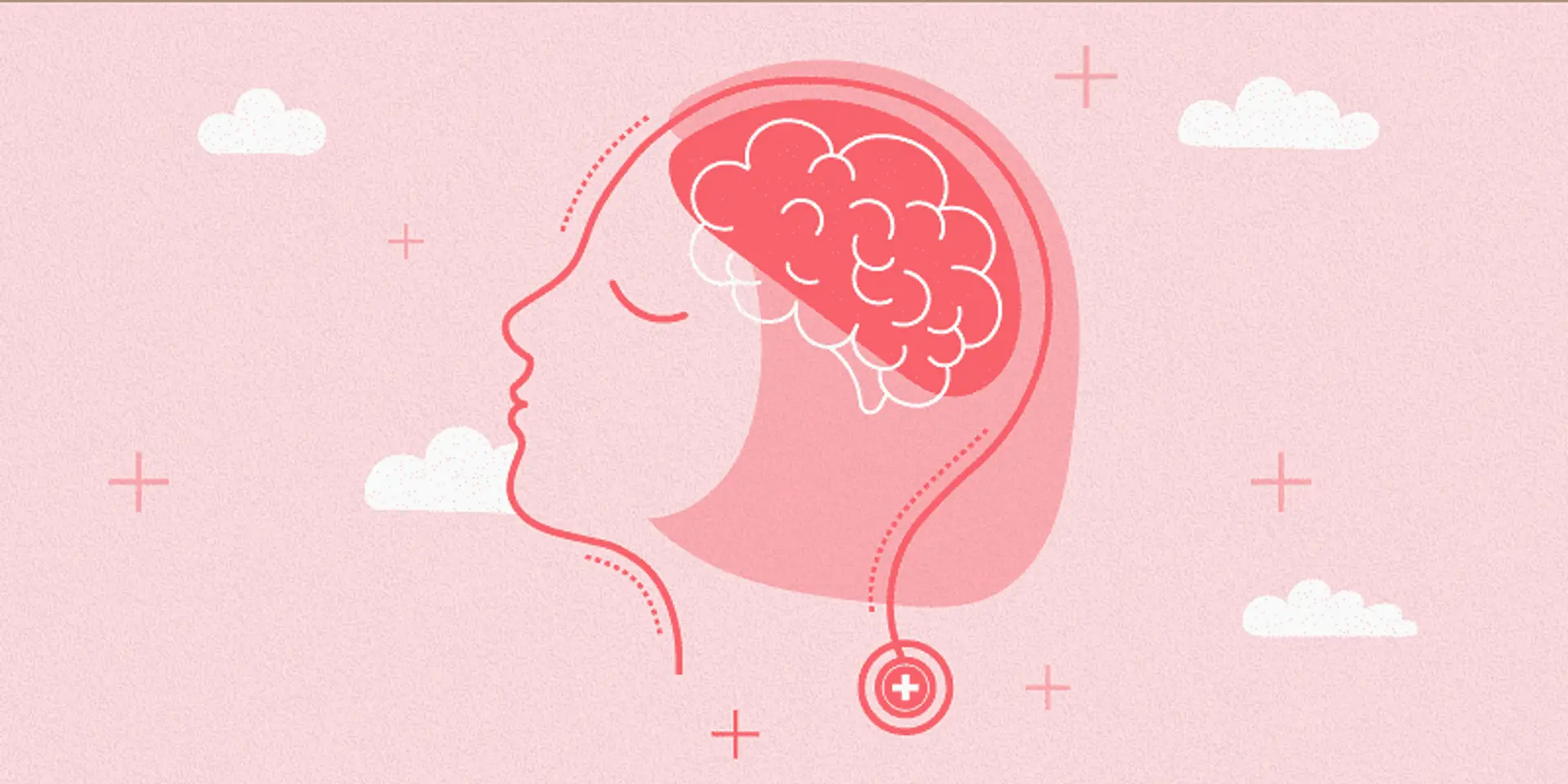ChatGPT: A game-changer in mental health support
Discover how AI-driven chatbots break down barriers, providing accessible and anonymous assistance 24/7.
The use of chatbots and conversational AI has been on the rise in recent years, with many industries adopting this technology to improve customer service and support. One area where chatbots have shown great potential is in mental health support.
The impact of ChatGPT on improving mental health support has been significant. Users have reported feeling more comfortable discussing their mental health concerns with a chatbot than with a human therapist.
Chatbots are available 24/7 and can provide immediate support to users in crisis. GPT-powered chatbots also have the potential to reduce the stigma surrounding mental health by providing accessible and anonymous support to users.
Understanding ChatGPT
ChatGPT, or Generative Pre-trained Transformer, is a type of language model that uses machine learning algorithms to generate human-like text. It was developed by , an artificial intelligence research laboratory. The model is trained on vast amounts of data, including text from books, articles, and websites, to understand the nuances of language and context.
ChatGPT is designed to be flexible and adaptable, allowing it to be used in a wide range of applications, including chatbots, language translation, and content generation. It has been used to create conversational agents that can interact with humans naturally and intuitively, providing assistance and support in a variety of contexts.
One of the key benefits of ChatGPT is its ability to learn from large amounts of data and generate responses that are contextually appropriate and relevant. This makes it a powerful tool for improving mental health support, as it can be used to create chatbots that can provide personalised and empathetic responses to individuals in need.
However, ChatGPT is not without its limitations. It can sometimes generate responses that are nonsensical or inappropriate, particularly if it is not properly trained or if the input data is biased or incomplete. As such, it is important to carefully design and test chatbots that use Chat GPT to ensure that they are effective and safe for use in mental health support.
ChatGPT for mental health support
ChatGPT, or generative pre-trained transformer, is a type of artificial intelligence that has shown potential in improving mental health support. By using natural language processing and machine learning, Chat GPT can provide personalised and accessible support to individuals in need.
Role in therapy
ChatGPT can play a significant role in therapy by providing a safe and non-judgmental space for individuals to express their thoughts and feelings. It can also help therapists to identify patterns in a patient's behaviour and provide personalised treatment plans. ChatGPT can also be used in group therapy sessions, allowing individuals to connect with others who may be going through similar experiences.
Improving accessibility
One of the major benefits of ChatGPT is its accessibility. Individuals who may not have access to traditional mental health services, such as those living in rural areas or those with limited mobility, can benefit from ChatGPT. It can also be used outside of traditional office hours, providing support to individuals at any time.
Addressing stigma
Mental health stigma is a significant barrier for many individuals seeking support. Chat GPT can provide a more private and anonymous way for individuals to seek help without fear of judgment or stigma. By breaking down these barriers, Chat GPT can help individuals receive the support they need to improve their mental health.








